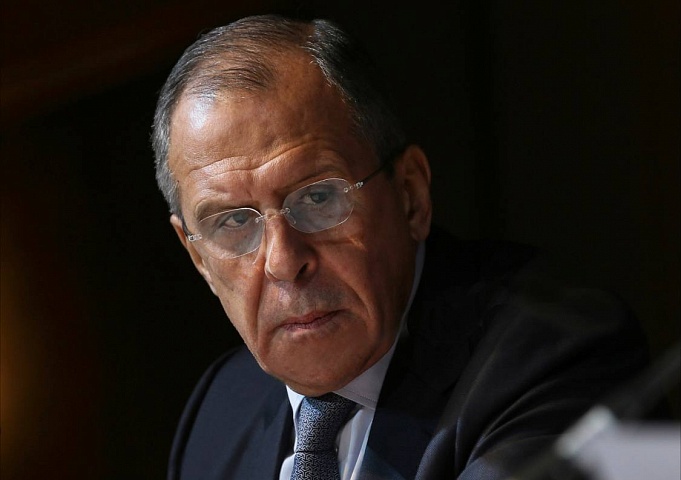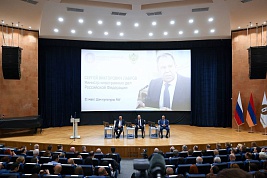Foreign Minister Sergey Lavrov’s interview with TASS News Agency, December 31, 2021
Question: The Taliban are under UN sanctions, and the Afghan government’s accounts are frozen. In the present situation, the country is actually unable to solve its immediate concerns, never mind develop. In your opinion, when will the Taliban be recognised internationally? Is Moscow ready to be the first to recognise the Taliban as the official ruler in Afghanistan?
Sergey Lavrov: We are maintaining working contacts with the new Afghan authorities, including through our embassy in Kabul. Given the socio-economic crisis, the humanitarian sphere has become a particularly urgent area of practical cooperation. Russian humanitarian aid was delivered to the Afghans in November and December. We helped Afghan students at Russian universities to travel from Afghanistan to Russia to continue their studies. Our colleagues from the Russian Ministry of Defence are making a very useful contribution to these noble efforts.
It is still premature to talk about official recognition of the Taliban. This will hinge on how events in Afghanistan develop and, more precisely, on whether the Taliban realise their promises, including on forming an inclusive government and successfully countering the terrorist and drug threats that emanate from Afghanistan. In response to this, we will move gradually, and in solidarity with the rest of the world community, towards removing the Taliban Movement from the UN Security Council sanctions lists, which would in turn create the necessary conditions for official recognition of the new Afghan government.
Question: In November, you and your Belarusian counterpart signed a coordinated foreign policy action plan. Does it envision a consolidated response to the West? What part of it is military?
Sergei Lavrov: A response to the West over what? If it is unjustified sanctions, discrediting cooperation between Russia and Belarus, or interference in our internal affairs in order to destabilise the socio-political situation, then yes, this is our response. Joint steps to prevent these dangers were included in the above-mentioned Programme for Coordinated Foreign Policy Actions of the States Parties to the Union State Treaty for 2022-2023. It was signed on November 10, 2021 in Moscow during a joint meeting of the collegiums of the Ministries of Foreign Affairs of Russia and Belarus.
This document envisages close coordination at international platforms, including with other states and associations. Specifically, this refers to taking joint steps to defend ourselves against information campaigns against us, unilateral restrictive measures, politicisation of the work of international organisations and the imposition of a NATO-centric security model in Europe. Cooperation in curbing the threats posed by NATO's military infrastructure approaching the borders of the Union State also plays a significant role.
I would like to note that our Foreign Ministries aim to find ways to resolve any issues by political and diplomatic means. Nevertheless, due to the West's unwillingness to compromise, the Programme contains provisions for politico-military coordination and for military co-operation.
The updated Military Doctrine of the Union State, approved by the Supreme State Council on November 4, will undoubtedly be an important contribution to this. It takes full account of the significant changes in the politico-military situation in Eastern Europe in recent years.



